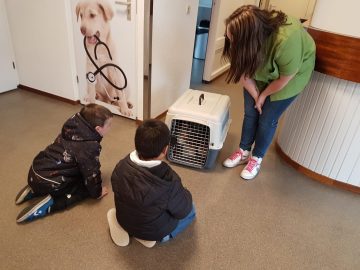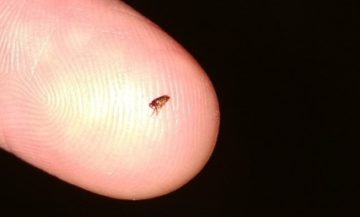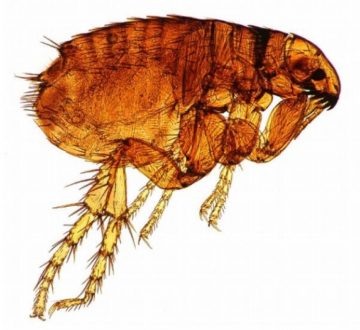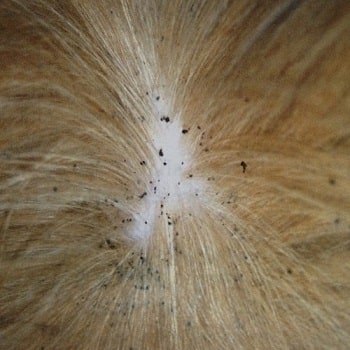The health of our cats and a happy life for them is for us the most important. For this reason, we don’t let a cat have more litters than her good health allows. The studs or our breeding program each have a nice inside- and outside area. They are always either together with a breeding female, or with a sterilized female, which ensures they never feel alone.
With serious returning health problems directly related to pregnancy, the cat will be taken out of the breeding program and will be neutered. If possible, she will remain with us or move to a new home.
Although I try to keep retired adult cats to stay with us, this is unfortunately not always practically possible in a cattery. The cats in need of a new home are always social and are sold for a reduced price. The most important thing for me is that they will be happy and healthy in their new home.
 The cats in our breeding program are tested for many (hereditary) diseases. The most important are:
The cats in our breeding program are tested for many (hereditary) diseases. The most important are:
- PK-def
- HCM
- PRA
- Felv
- FIV
Cats who are not ill, but are carriers of a disease – such as PRA – are not part of our breeding programme. They are tested before they are selected for our breeding programme.
Vaccination
Kittens get their first vaccination when they are about eight weeks old. Three or four weeks later they get a second vaccination. After this, further vaccination is not necessary until the cats are one year old.
De-worming and de-fleaing
When kittens are three weeks old and weigh at least 500 grams, they get their first de-worming treatment. At 5 weeks and at 7 weeks of age, they will be de-wormed again. After this they get a de-worming treatment at 3-4-5 and 6 moths of age. Then, the de-worming takes place at three-month intervals. The mother cat is de-wormed at the same times as her kittens.
Pregnant or lactating cats, or studs who are together with a female in heat to mate, will get a de-worming or de-fleaing treatment which is not harmful for kittens’ health.


My experience has taught me that young kittens are usually not bothered by fleas when the adult cats are regularly treated. When the kittens are about 6-8 weeks old, they can have anti-flea treatment. Like adult cats, they can subsequently be treated for fleas on a monthly basis. It is important to check cats regularly for fleas or flea stools (small black grains, which become red in water).

Is it really necessary?
When a cat has worms, it can even be harmful to humans. It is therefore necessary to be serious about the de-worm and de-flea treatment schedules, for the cats’ and your own and your family’s sake. Prevent discomfort for your cat and yourself.
